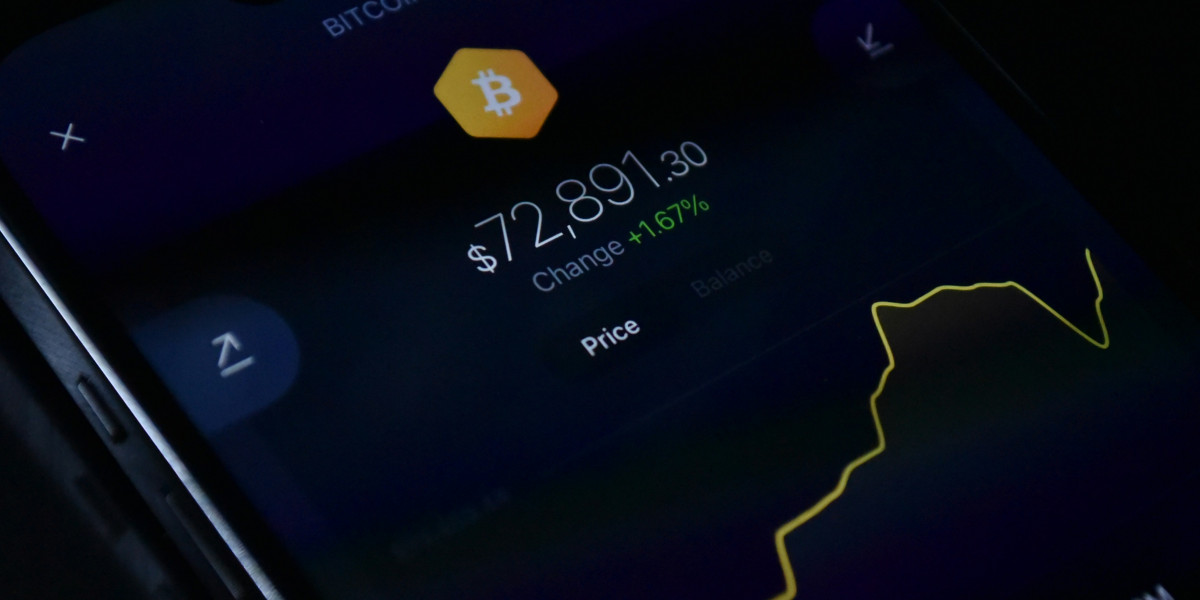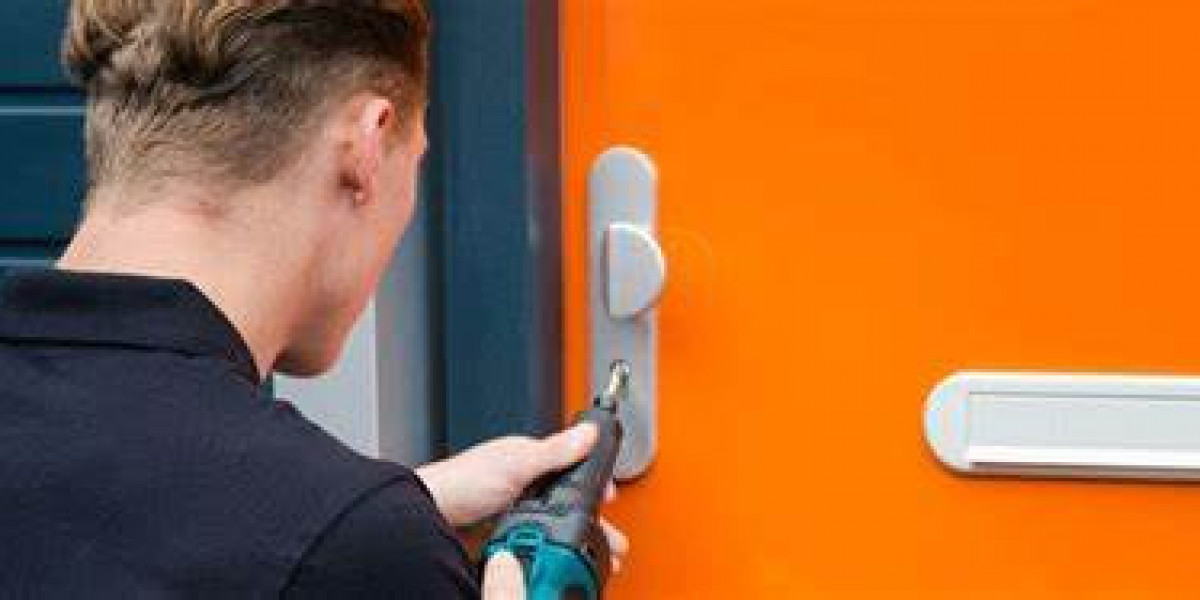Cryptocurrency adoption has surged over the past decade, transforming finance and investment landscapes worldwide. As more individuals and institutions enter the crypto space, security has become a critical concern. In 2025, cold wallets are emerging as the backbone of crypto security. Their offline storage methods, combined with advanced technological innovations, provide the strongest protection against cyber threats. Cold wallets are no longer optional—they are an essential tool for anyone serious about protecting digital assets.
What Makes Cold Wallets Essential for Crypto Security
Cold wallets store private keys completely offline, keeping them isolated from internet-connected environments where threats are most prevalent. Private keys are the core of cryptocurrency ownership—they grant access to funds, authorize transactions, and ensure ownership verification. If these keys are compromised, the consequences can be catastrophic, resulting in permanent loss of assets.
Unlike hot wallets, which remain online and accessible for regular transactions, cold wallets prioritize safety over convenience. They act as digital vaults, providing long-term storage solutions that protect assets from phishing attacks, malware, ransomware, and exchange hacks. Investors using cold wallets have full control over their funds, ensuring that no third party can access their digital assets without permission.
Cold wallets come in several forms to suit different needs. Hardware wallets are small, encrypted devices with PIN codes and secure storage for private keys. Paper wallets involve printing private keys and public addresses, storing them offline in secure locations. Advanced offline software wallets, often installed on air-gapped computers, provide another layer of protection for tech-savvy users. Regardless of type, all cold wallets offer offline security that makes them indispensable for crypto wallet security.
The Rising Importance of Cold Wallets in 2025
The cryptocurrency market has grown more sophisticated, and so have cyber threats. In 2025, attacks targeting exchanges, wallets, and individual users have become increasingly complex. Hot wallets, while convenient for everyday trading, remain vulnerable to online attacks. Cold wallets, in contrast, provide a level of security that no online solution can match.
Investors holding significant portfolios often prefer cold wallets to safeguard long-term assets. For example, Bitcoin whales or institutional investors use cold wallets to store millions of dollars in cryptocurrency offline, completely shielded from hackers. Even if an exchange is breached or a hot wallet is compromised, funds in cold wallets remain secure.
Protection Against Evolving Threats
Cybersecurity threats in 2025 are evolving rapidly. Sophisticated phishing campaigns, malware targeting crypto transactions, and decentralized finance (DeFi) exploits have become common. Cold wallets protect users from these risks by keeping private keys offline and inaccessible to malicious actors. In this environment, cold wallets are not just a convenience—they are a necessity for anyone looking to maintain long-term security.
Long-Term Investment Security
Cold wallets are particularly well-suited for long-term investors, often referred to as HODLers. These individuals buy cryptocurrency with the intention of holding it for years rather than trading frequently. Cold wallets provide a secure and reliable environment for long-term storage, minimizing exposure to both technological risks and human error. Investors can confidently leave assets in storage, knowing that their holdings are shielded from online vulnerabilities.
True Ownership and Control
A key advantage of cold wallets is the control they give users over their assets. Unlike keeping funds on centralized exchanges, where users rely on the platform’s security measures, cold wallets allow individuals to retain complete ownership. Only the wallet owner can authorize transactions, ensuring that assets are not subject to the decisions or potential vulnerabilities of third parties. This level of autonomy strengthens overall crypto wallet security.
Innovations in Cold Wallet Technology
Cold wallets are evolving rapidly to meet the demands of 2025. Modern hardware wallets now include advanced features such as biometric authentication, multi-signature functionality, and seamless integration with decentralized applications (dApps).
Biometric authentication, like fingerprint scanning or facial recognition, adds an extra security layer, making unauthorized access extremely difficult. Multi-signature wallets require multiple approvals for transactions, reducing the risk of theft even if one key is compromised. Integration with dApps allows users to interact with DeFi protocols while keeping their funds securely stored offline, combining safety with utility.
Some hardware wallets now offer cross-chain support, enabling users to manage multiple cryptocurrencies from a single device. Air-gapped devices—those completely isolated from the internet—are becoming increasingly popular, providing maximum security for institutional and high-net-worth investors. These innovations highlight that cold wallets are not just static storage devices; they are dynamic tools designed to meet modern crypto security needs.
Cold Wallets vs. Hot Wallets
While hot wallets are ideal for frequent transactions, they expose private keys to online threats. Cold wallets, in contrast, prioritize security over convenience. For most investors, a hybrid approach works best. Hot wallets can be used for daily trading or payments, while cold wallets serve as secure vaults for long-term holdings. This dual strategy balances accessibility with security, ensuring users can participate in the crypto ecosystem without compromising protection.
For example, a trader might keep a small portion of their portfolio in a hot wallet for active trades while storing the majority of assets in a cold wallet. This approach has become a best practice in 2025, particularly as cryptocurrency prices rise and potential losses from hacks become more significant.
Best Practices for Cold Wallet Security
To maximize the benefits of cold wallets, users should follow a set of security best practices. Always purchase hardware wallets from reputable manufacturers to avoid counterfeit or tampered devices. Maintain multiple offline backups of recovery phrases in secure locations. Regularly update wallet firmware to protect against vulnerabilities.
Physical security is equally important. Cold wallets should be stored in safes, safety deposit boxes, or other secure locations. Never share private keys or recovery phrases digitally, as doing so can defeat the purpose of offline storage. Educating oneself about crypto wallet security practices is essential for safeguarding assets over the long term.
The Future of Cold Wallets
Looking ahead, cold wallets are expected to become even more sophisticated. Air-gapped devices, encrypted backups, and multi-chain support will become standard features. Wallets compatible with Web3 applications will allow users to engage with decentralized ecosystems while maintaining offline security.
Institutional adoption is likely to increase, as regulatory standards push businesses to secure digital assets more rigorously. Cold wallets will play a central role in compliance, providing auditable, secure storage solutions. With cyber threats becoming increasingly advanced, cold wallets are set to remain the foundation of crypto security for years to come.
Conclusion
In 2025, cold wallets are more than just a storage solution—they are the backbone of crypto security. Their offline design, advanced technological features, and user-controlled access make them indispensable for both individual and institutional investors. Protecting private keys offline ensures that assets remain safe from evolving cyber threats, offering long-term security and peace of mind.
For businesses and individuals seeking to develop secure and reliable wallet solutions, working with a trusted Cryptocurrency Wallet Development company is crucial. WisewayTec provides advanced wallet development services, ensuring that cold wallets are designed for optimal security, usability, and compatibility with the latest blockchain technologies. By leveraging professional development services, investors can confidently safeguard their digital assets while navigating the dynamic crypto ecosystem.
Frequently Asked Questions (FAQs)
1. What is a cold wallet, and how does it differ from a hot wallet?
A cold wallet stores cryptocurrency offline, while a hot wallet is connected to the internet. Cold wallets are more secure, while hot wallets are more convenient for frequent transactions.
2. Are cold wallets completely immune to hacking?
Cold wallets greatly reduce online attack risks, but physical theft or mishandling of recovery phrases can compromise security. Proper storage is essential.
3. Can I use a cold wallet for everyday transactions?
Cold wallets are mainly for long-term storage. While some advanced hardware wallets allow occasional transactions, they are less convenient than hot wallets for frequent use.
4. How do I back up a cold wallet?
Cold wallets provide recovery phrases or private keys that should be stored offline in multiple secure locations, such as safes or encrypted storage devices.
5. Are cold wallets suitable for institutional investors?
Yes, many institutions rely on cold wallets to store large cryptocurrency portfolios securely. Features like multi-signature authentication and air-gapped devices make them ideal for institutional security.








